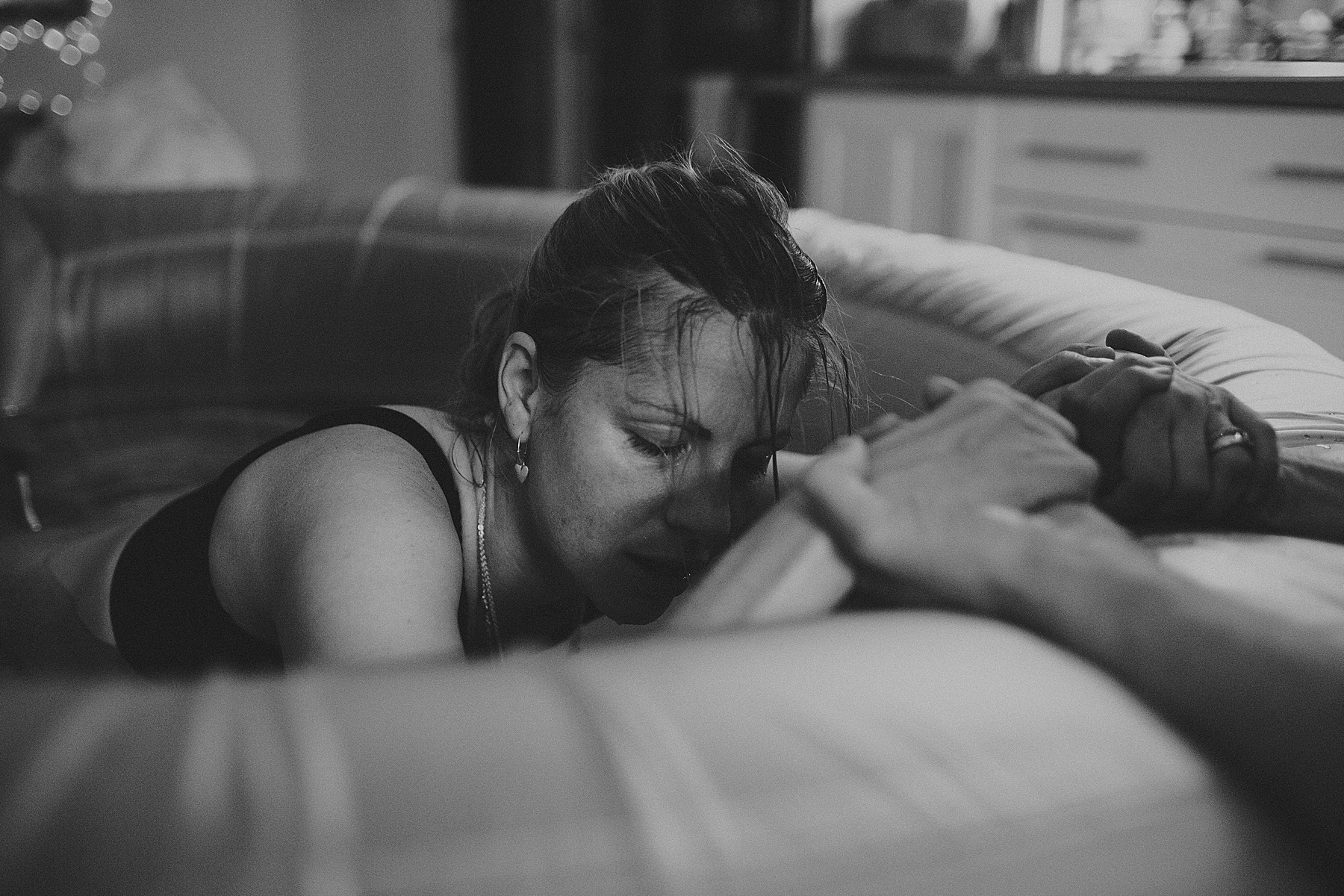Pheromones ~ what they are and why we need them
pheromone
/ˈfɛrəməʊn/
noun: pheromone; plural noun: pheromones
a chemical substance produced and released into the environment by an animal, especially a mammal or an insect, affecting the behaviour or physiology of others of its species.
We as human beings are also classified as mammals so it goes without saying that we too release and react to each others’ pheromones. In the most part however we have innocently become accustomed to chemical based smells from the perfumes we wear and the washing powders and soaps we use which manipulate how others react to us and mask our own natural smells and pheromones. The power of smell is so vital in attraction that the latest bottle of Chanel could be one of the reasons someone is drawn to you rather than becoming your natural mate through primal instinct and your true odour.
During labour we release different smells at various stages and for some partners who are really in tune with the process they can actually smell when their wife or girlfriend is almost at the birthing stage before they may even know it themselves. We release a raw, almost animalistic smell or pheromone at this stage that is distinguishable from others during labour, perhaps to alert us and our partners that we’re almost there {and I’m not talking about if we happen to poo when bearing down!}…

Pheromones are also extremely important for the bond between the mother and her newborn. From my naturopath studies I was taught that we shouldn’t wear perfumes or use essential oils when in labour and giving birth because even when the baby is in the womb it is getting used to our pheromones from the amniotic fluid and can detect them and uses them to recognise us when they are earth-side.
Take, for example, a baby fawn in a large herd of deer. They cannot look up and recognise their mother’s face in a sea of deer that all look the same so they identify their mother by smelling the backs of her knees!
The same works for the mother recognising her little ones, in a litter of baby rats, the mother rat would be able to tell who her babies are if they were mixed up with lots of other baby rats just by smelling them.
We also recognise and are drawn to our own baby’s sweet smell when they are born and this is why you will see other mammals in the animal kingdom instinctively smelling and licking their young. My eldest son Luka after the birth of my youngest daughter Khaleesi even had this very same urge, I remember him saying “Mama she smells so good I just want to lick her…!” We also just want to smother them in kisses which is practically the same as licking them, right?!
This smell that a newborn has is to encourage bonding, to help with the release of oxytocin in their mother so the milk can flow for the baby to feed and be nurtured. In another study with rats the mother’s nipples were washed with soap and the babies no longer recognised the smell and could not find their way to them to feed. It wasn’t until the mother was able to lick her nipples “clean” again that the babies sensed her smell and eventually found their way to her nipples to suckle before they perished. So both mother and baby need this amazing cocktail of pheromones from each other for survival and I think the importance of this is so undervalued when it comes to the human birthing experience.

Some midwives can be so quick to take our babies from us as soon as they are born to wash them and get them cleaned up for us. There seems to be such a rush in today’s society to remove the sticky vernix immediately and have them in a pretty little baby-grow washed in non-bio chemicals ready for an audience. However the white sticky vernix that most babies have on their skin when they are born is of course there for a reason. In the womb it is there as a layer of fat to keep them warm and it also acts as an anti-bacterial and anti-viral layer of protection that should never be washed away when they are born and instead gently rubbed into their skin like the richest, best moisturiser you can ever imagine!
In fact there is no need to wash your baby at all after they are born, they can go for weeks with just a little bit of warm water and cotton wool on their bottoms for nappy changes or maybe just a dab of water on their heads if they nuzzle into your armpit for feeding and their hair begins to smell a bit. There’s no need to form a so-called routine of bathing your baby to settle them before bed. A cuddle with you and a breastfeed is more comforting and just the vernix rubbed in and left there is such amazing protection for them and for more than just to moisturise their skin. It also helps to keep them safe from diseases as their immune system develops internally.
Babies don’t sweat so there really is no need to keep bathing them and have them smelling of soap at all. Only when they get older and get covered in food or they’re crawling around in the dirt do they need regular washing, believe me, my 16 month old now has about 6 showers a day as she’s always in the dirt playing and chucking food all over herself!
Watch my Youtube video on this topic if you found this blog interesting.
You can read more on natural birthing and the importance of oxytocin here.
Photography by Nicki Feltham Photography



